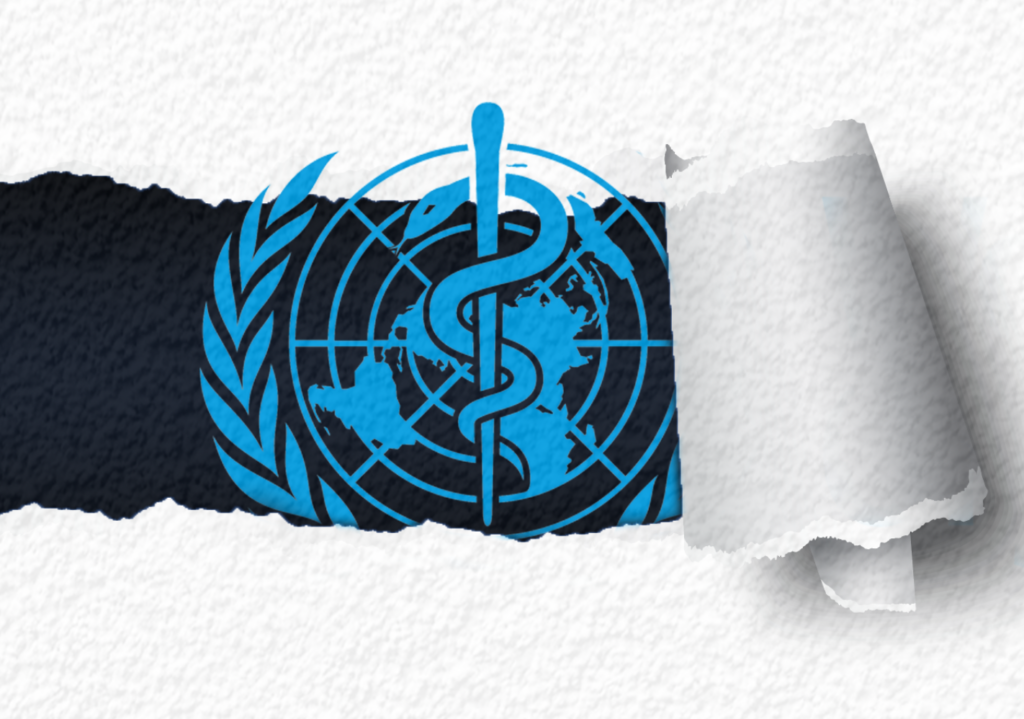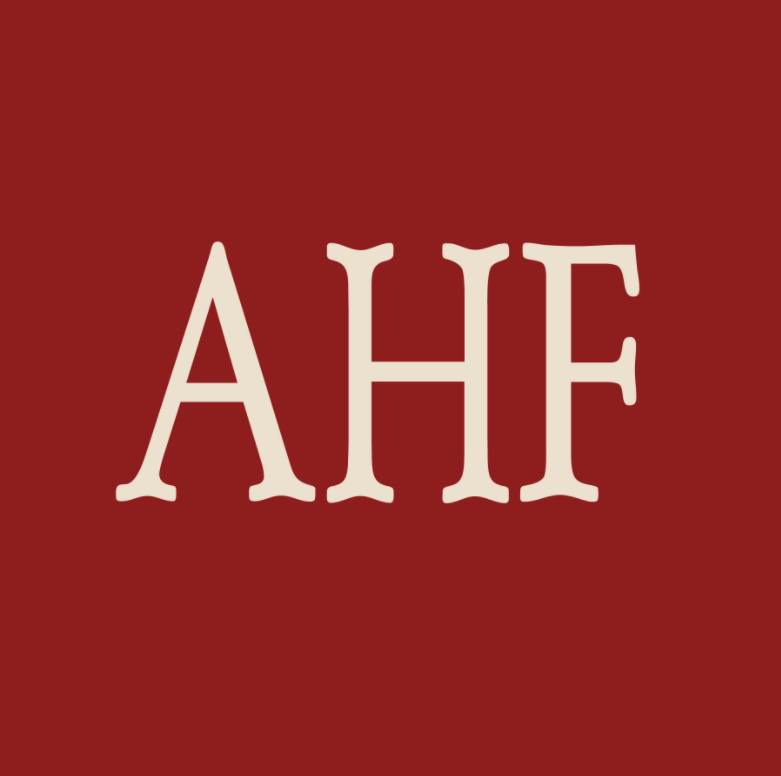Ahead of the 75th World Health Assembly (WHA) on May 22-28 in Switzerland, AIDS Healthcare Foundation (AHF) calls on WHA Member States to commit to the adoption of a new Global Public Health Convention – a binding agreement that would ensure complete transparency, accountability, and cooperation on global health, including pandemic prevention, preparedness, response, and financing.
The WHA, the oversight body of the World Health Organization (WHO), is comprised of health ministers and delegates from 194 member states and is responsible for setting WHO’s strategic direction.
“To remain relevant, the WHO needs to commit to full transparency and profound reform – it must be accountable to people and global health, and free from influence by competing political interests,” said Dr. Jorge Saavedra, Executive Director of the AHF Global Public Health Institute at the University of Miami. “Therefore, the WHA needs to be reconstituted and accept non-state actors, including civil society, communities, and independent public health institutions with full rights and not just as actors that are consulted sporadically.”
Before last year’s WHA, AHF issued a statement urging the Assembly to address multiple missteps by the WHO leadership at the outset of COVID-19. Not much has changed since then, even though WHO’s Director-General recently published a white paper on his vision of reforms at the agency.
“The white paper is a good start, but there is still much work to be done. While it appropriately calls for strengthening WHO’s health emergency architecture, there is little introspection of what WHO does well or unwell. Without this, the statement seems more like a pitch for power than a desire to improve,” said Dr. Daniel Bausch, President of the American Society of Tropical Medicine and Hygiene. “I would also like to see more emphasis on the importance of primary health care services, which is fundamental to equity, bolstered pandemic surveillance, and preparedness and response evolving toward more regional and national accountability.”
Some senior AHF members, together with global public health and public policy specialists from different institutions and countries, authored a paper, “A Global Public Health Convention for the 21st Century,” published in The Lancet Public Health journal last May. The article details failings and proposes global health governance reforms of the current global health architecture. The reforms include increased transparency, appropriate accountability, and enforcement mechanisms and outline WHO’s need to be better prepared for inevitable future pandemics and prevent further failings like its handling of the COVID-19 pandemic.


